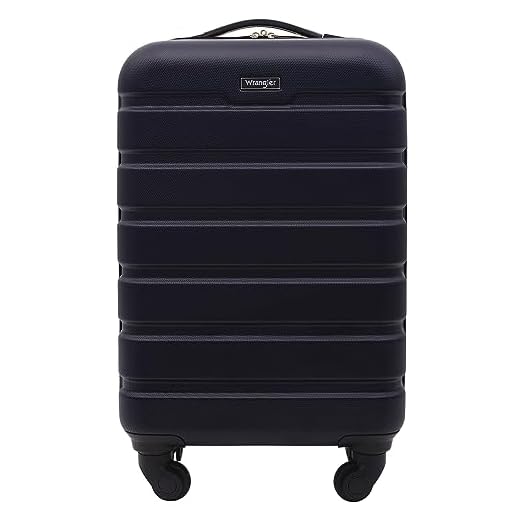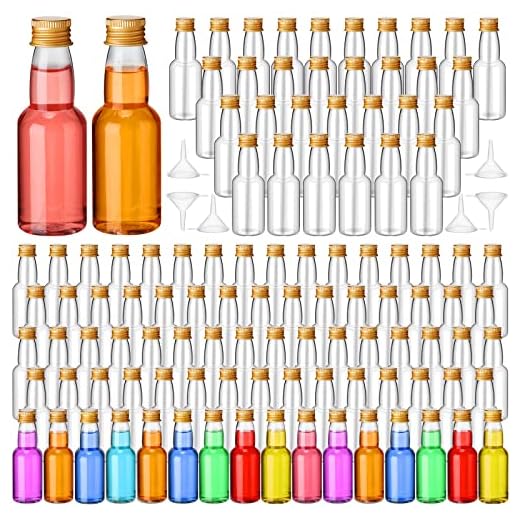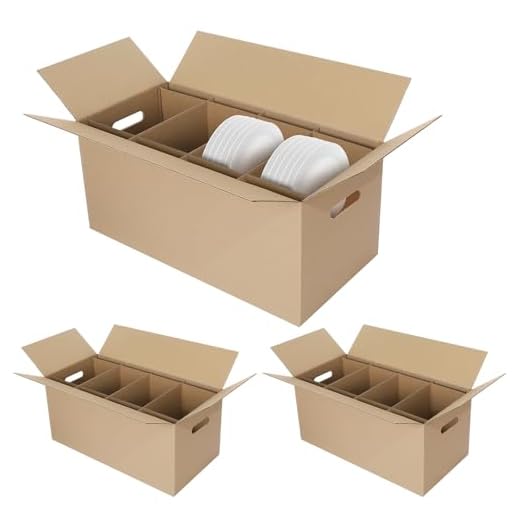






Limit your shipment of spirits to 5 liters per passenger if the alcohol content exceeds 24% but is up to 70%. For beverages with lower percentages, you may transport 5 liters freely, without any restrictions on volume. Ensure that these items are securely packed to withstand handling during transit.
When travelling internationally, customs regulations may impose further limitations on the quantities allowed. For instance, various destinations set their own annual duty-free allowances which could affect your product imports. Verify the laws of your destination country ahead of your travel.
Always confirm airline-specific guidelines prior to departure, as they may have unique rules regarding packing and transporting beverages. Adhering to these regulations will streamline your journey and prevent delays at the airport.
Permissible Amount of Spirits in Bags
Travelers can transport up to 5 liters of beverages exceeding 24% but not over 70% ABV in hold compartments. Be sure to check individual airline regulations as they may differ.
For drinks under 24% ABV, there are generally no limits, yet it remains prudent to confirm your airline’s specific policies to avoid inconveniences.
Ensure containers are sealed and properly packaged to prevent leakage or breakage during transit. Unopened retail packaging is advisable for protection.
International flights may involve additional customs regulations. Familiarize yourself with the rules of your destination to avert potential confiscation upon arrival.
Always declare your items when necessary to customs officials, especially if carrying significant quantities. Keep all receipts as proof of purchase, which can aid in customs checks.
In case of doubt, consult your airline’s website or customer service for precise guidelines on transporting spirits in the hold. Each carrier’s policy may vary significantly.
Understanding Airline Regulations for Alcohol Transport
Airlines impose specific limits on transporting beverages in your bags. Generally, liquids over 70% alcohol by volume are prohibited in both baggage types. For beverages below this threshold, regulations vary among carriers.
Volume Restrictions
Most airlines permit up to 5 liters of bottled spirits per passenger. The bottles should be sealed and packaged securely to prevent breakage. Different airlines may have unique policies, so it’s advisable to check with your carrier prior to travel.
Customs and Import Regulations
In addition to airline guidelines, customs regulations of the destination country must be observed. Many jurisdictions allow travelers to bring in a limited quantity duty-free, while exceeding this may invoke taxes or restrictions. Always review local laws for compliance.
Specific Limits Set by Airlines for Liquor
Airlines impose distinct restrictions on the transport of spirits, varying by carrier and route. Typically, one bottle per passenger is allowed in the cargo hold, with a volume not exceeding 5 liters. However, many companies enforce a lower cap, especially on international trips.
Common Restrictions
Many operators, including American Airlines and United, permit beverages under 70% ABV. Certain carriers, like Delta, specify that any liquid must be packed securely to prevent leakage. Ensure that bottles are properly sealed and cushioned to avoid breakage during transit.
Age Verification
Passengers transporting any form of liquor are often required to present proof of age. This requirement is notably stringent in flights departing from regions with strict laws. Always carry identification when intending to ship such items.
Consult your specific airline’s guidelines prior to your flight to confirm limits, as these standards may fluctuate based on destination and local regulations.
Customs Regulations and Duty-Free Allowances
Travelers should be aware of various customs regulations that govern the importation of beverages across international borders. Each country has its own limits on permissible quantities that can be brought without incurring additional duties or taxes.
Common Allowances
- European Union: Up to 1 liter of spirits (above 22% ABV) or 2 liters of fortified wine.
- United States: 1 liter of liquor per person for those over 21 years old, with potential state variations.
- Australia: 2.25 liters of alcoholic beverages per adult, depending on the alcohol content.
Some jurisdictions may require declaration of larger quantities, which could subject travelers to duties. Familiarize yourself with local limits to avoid unexpected charges.
Exemptions and Special Cases
- Certain regions may provide additional allowances for travelers arriving from specific countries or regions.
- Some special markets or events may have unique regulations, so verify the current rules well in advance of your trip.
Always check customs guidelines before departure. For families traveling with young children, consider useful resources to facilitate your journey, such as finding the best umbrella stroller large toddler for ease and comfort during travel.
Packing Tips for Alcohol in Checked Baggage
Wrap bottles securely using bubble wrap or clothing to prevent breaks during transport. It’s wise to place wrapped bottles in the center of your suitcase, surrounded by soft items.
Utilize sturdy containers specifically designed for fragile items. These can provide extra protection and are often available in travel stores.
Always check for leakage by sealing caps tightly. Consider using tape or additional seals for extra assurance.
Adhere to your airline’s size and weight limits by checking the specific requirements in advance to avoid surprises at the airport.
For optimal organization, create a section in your bag dedicated to bottles to keep them upright. This prevents movement that can lead to damage.
Label your suitcase as fragile to signal care during handling. Use bright colors or specific stickers to make it easily identifiable.
Be aware of local laws regarding the transport of spirits in your destination to avoid legal issues. Ensure compliance with all applicable regulations.
For travels involving outdoor settings, look for the best above ground pool umbrella to keep your beverages cool while relaxing by the pool.
In case of transporting beverages prone to algae growth, familiarize yourself with maintenance tips like how to make an algae scrubber for those who may need to clean their containers thoroughly after a trip.
Consequences of Exceeding Alcohol Limits in Luggage
Surpassing regulatory thresholds for transporting liquid spirits could lead to significant repercussions. Upon discovery, airlines may confiscate excess items, resulting in loss without compensation. Additionally, travelers could face fines or penalties from local authorities, especially upon international arrival. Such infractions may also delay the journey as authorities assess the situation.
Check-in may include additional scrutiny, leading to longer processing times and potential embarrassment. Consistency with airline policies is key; any variance heightens the risk of complications. It is advisable to keep all pertinent documentation readily available, as failure to comply could lead to further inquiries and possible legal action in extreme cases.
Future travel could become problematic; repeated violations may prompt airlines to restrict future transport or require extensive identity verification. Thus, always adhere to specified guidelines, ensuring a hassle-free experience from start to finish.
FAQ:
What are the general limits for carrying alcohol in checked luggage?
The rules for transporting alcohol in checked luggage can vary by airline and country. However, a common guideline is that passengers can typically carry up to 5 liters of alcohol per person, provided it is in its original retail packaging. Alcohol with an alcohol content above 70% is usually not allowed. It’s advisable to check with your specific airline and the regulations of your destination country for any restrictions or additional requirements.
Can I bring homemade alcohol in my checked luggage?
Transporting homemade alcohol can be complicated. In many cases, airlines and jurisdictions prohibit carrying homemade alcohol due to safety and customs regulations. If you plan to take homemade spirits, it’s crucial to confirm with your airline and understand the laws of your destination. Even if permitted by your airline, be aware that customs authorities may impose restrictions on such items, and you could face challenges during inspection at airports.







